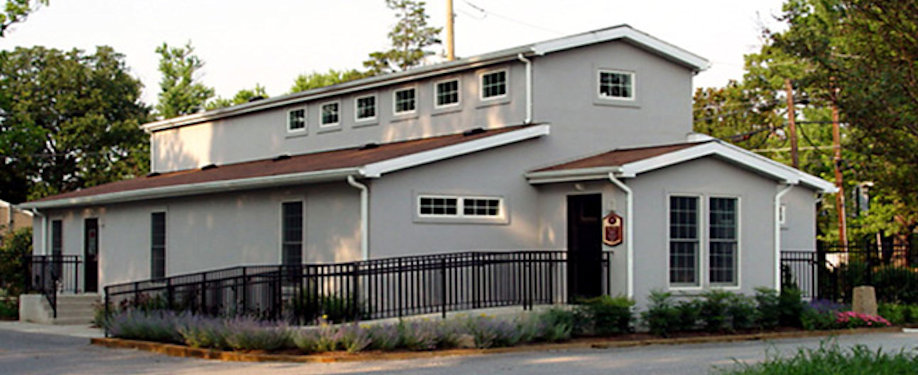Tips for Modular Church Design

Designing a church is a significant undertaking that involves careful planning, attention to detail, and a deep understanding of the congregation’s needs. Modular construction has become an increasingly popular choice for churches due to its efficiency, cost-effectiveness, and versatility. Here are some tips for modular church design from Modular Genius to help create a welcoming, functional, and spiritually uplifting space.
Engage with the Congregation
Start by speaking with the congregation. Hold meetings, surveys, or workshops to gather input from members regarding their vision for the new space. Understanding the congregation’s preferences, needs, and priorities is crucial for designing a church that resonates with its community.
Prioritize Flexibility
Modular church design should prioritize flexibility to accommodate a variety of worship styles, events, and activities. Consider movable seating, partition walls, and adaptable spaces that can be reconfigured to suit different functions, from traditional worship services to community events.
Maximize Natural Light
Incorporate ample natural light into the design. Large windows, skylights, and glass doors reduce energy costs and create an uplifting and spiritually inspiring atmosphere within the church. Utilize translucent materials that diffuse light for a soft, serene ambiance.
Focus on Acoustic Design
Acoustic quality is essential to ensure clear and immersive worship experiences in a church setting. Work with acoustic consultants to design sound systems and treatments that reduce noise, enhance music, and amplify spoken words.
Embrace Technology
Integrate modern technology into the design to enhance worship experiences. This may include audiovisual systems, streaming capabilities, and interactive elements for sermons, presentations, and worship services.
Accessible Design
Ensure the church is accessible to all congregation members, including those with mobility challenges. Incorporate ramps, elevators, and accessible seating options. Compliance with accessibility standards is not only essential but also reflective of inclusivity.
Create a Focal Point
Design a central focal point within the church, such as an altar, pulpit, or chancel area. This focal point should draw the congregation’s attention and serve as the spiritual heart of the church.
Aesthetic Harmony
Maintain aesthetic harmony throughout the church. Choose a design theme that reflects the church’s values and traditions. Colors, materials, and decor should all contribute to a cohesive and harmonious design.
Soundproofing and Privacy
Ensure that private areas, such as counseling rooms and confessionals, are soundproofed to provide privacy for personal conversations. Privacy is vital for pastoral care and counseling sessions.
Safety and Security
Prioritize safety and security in the design by implementing measures like fire exits, emergency lighting, and surveillance systems. The safety of the congregation and the church’s assets should always be a primary concern.
Community Spaces
Consider incorporating multipurpose community spaces as gathering areas for fellowship, events, and meetings. These spaces can be used not only by the congregation but also by the local community.
Budget Management
Modular construction offers cost-effective solutions, but carefully managing the budget is essential. Work closely with the modular builder and architect to ensure cost-efficiency without compromising quality.
Future Growth
Plan for future growth and expansion. Modular construction allows for easy scalability, so consider designing with the potential for additions or extensions in mind as the congregation grows.
For more tips for modular church design, call Modular Genius at 888-420-1113 or use our online contact form.